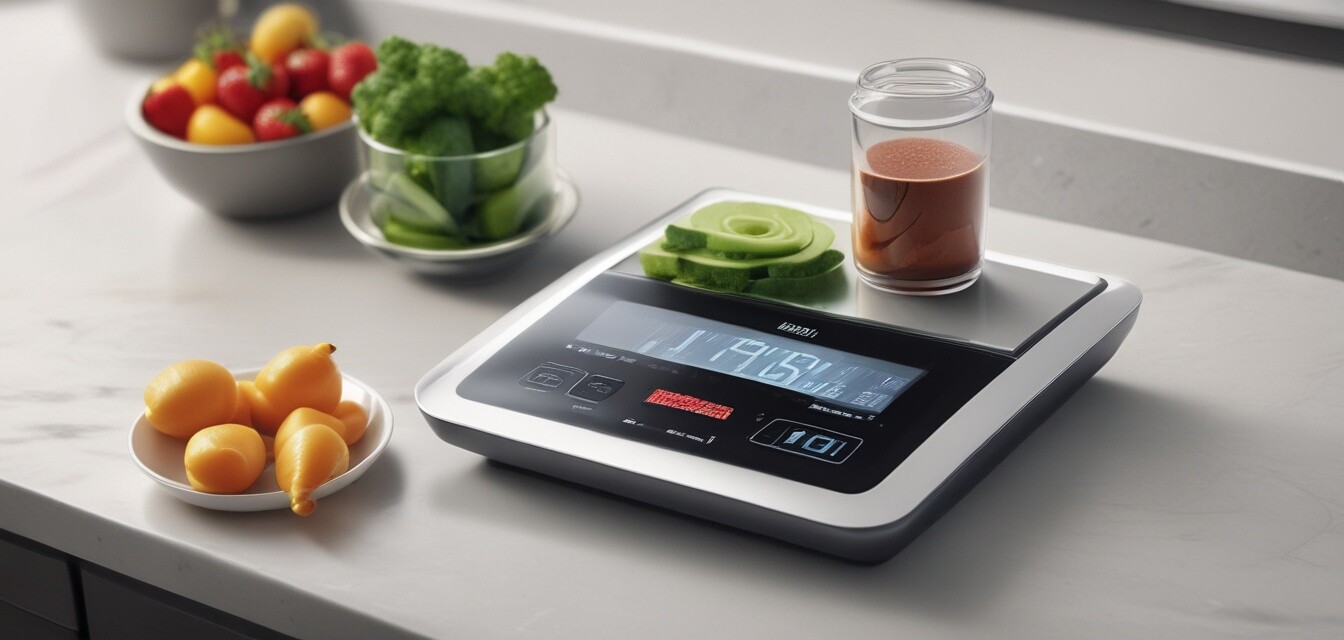
Choosing the Best Smart Food Scale for Your Kitchen
Key Takeaways
- Look for accuracy and precision in measuring.
- Consider connectivity features such as Bluetooth.
- Check for versatility, including unit conversion options.
- Evaluate ease of cleaning and maintenance.
- Assess price versus features for the best value.
Selecting the right smart food scale can greatly enhance your cooking and baking experience. With technology enhancing the way we prepare food, understanding what features matter most can help you choose wisely. In this guide, we’ll cover the essential factors to consider when purchasing a smart food scale, ensuring it meets your culinary needs.
Why a smart food scale?
More than just a basic kitchen tool, smart food scales integrate technology to help you measure ingredients with greater accuracy. This becomes crucial when following complex recipes or managing diet plans. Here are some reasons you might consider investing in one:
- Improved measurement accuracy.
- Easy tracking of food intake for health-focused individuals.
- Measurement in various units for versatility.
Key features to look for
Here are the essential features that will help you pick the best smart food scale:
| Feature | Description | Importance |
|---|---|---|
| Accuracy | Look for scales that measure in grams, ounces, and pounds with minimal error margin. | High accuracy is vital for recipe precision. |
| Bluetooth Connectivity | Choose scales that can connect to apps to track nutritional information. | Great for those following specific diets or calorie counting. |
| Unit Conversion | Ensure the scale can switch between different unit measurements easily. | Helps in adapting recipes from different regions. |
| Ease of Cleaning | Pick materials that are easy to wipe down, like glass or stainless steel. | Essential for maintaining hygiene in food preparation. |
| Storage Capacity | Consider scales that offer adequate space for larger bowls. | Adequate capacity can simplify baking processes. |
Pros and cons of smart food scales
Pros
- Increased precision in cooking and baking.
- Convenience of tracking nutrition.
- Variety of features tailored for different needs.
Cons
- Can be more expensive than traditional scales.
- Relies on batteries or charging, which could be inconvenient.
How to choose the best smart food scale
When choosing a smart food scale, take the following steps into consideration:
- Determine your cooking needs: Are you a casual cooker, or do you enjoy baking with precision?
- Set a budget: Outline how much you’re willing to invest in a reliable scale.
- Research brands and models: Compare different options and read reviews.
- Test before buying: If possible, use the scale to ensure it fits your preferences.
Smart Food Scale brands to explore
While opting for a specific scale, consider exploring brands that are popular for their quality and innovation in smart kitchen appliances. Some reputable brands include:
Conclusion
Investing in the best smart food scale for your kitchen can enhance your cooking experience significantly. With advanced features that improve accuracy and usability, you can ensure your culinary creations are always on point. Remember to evaluate your specific needs and preferences before making a purchase to find an ideal match for your kitchen.
Tips for using your smart food scale
- Calibrate your scale regularly for maximum accuracy.
- Use the tare function to zero out containers.
- Keep your scale clean to avoid contamination.
For more insights
Check out our other guides for a well-equipped kitchen:
- Buying Guides on smart kitchen appliances
- News and Trends in kitchen technology
- Smart Kitchen Tips for modern cooking